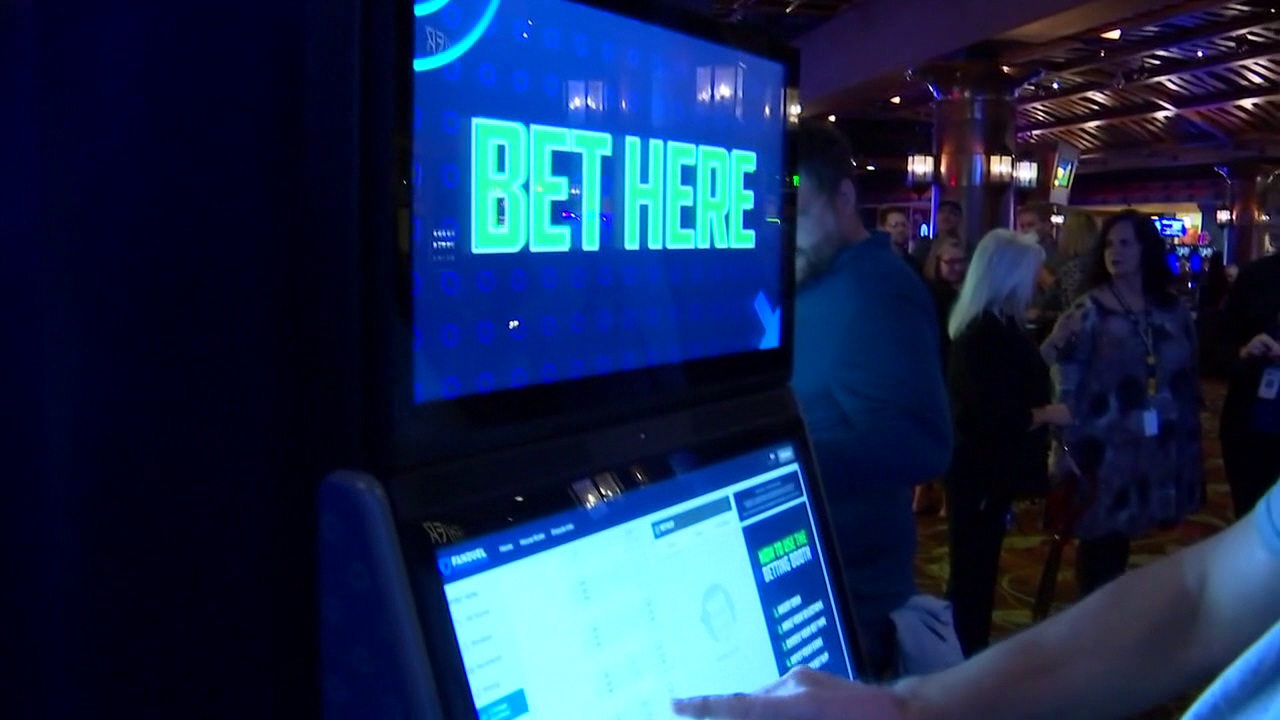Sports betting gamble: Ban on historical horse racing

MN sports betting legislation sees major tweaks
Big changes to the Minnesota sports betting bill have some of the stakeholders racing mad. Charitable gaming groups are on board now and even some legislators generally opposed to gambling in general are trying to build guardrails instead of stopping it. That leaves the horse tracks are the last major obstacle and the new bill has strengthened their opposition.
ST. PAUL, Minn. (FOX 9) - Big changes to the Minnesota sports betting bill have some of the stakeholders racing mad.
Charitable gaming groups are on board now and even some legislators generally opposed to gambling in general are trying to build guardrails instead of stopping it.
That leaves the horse tracks are the last major obstacle and the new bill has strengthened their opposition.
Rep. Zack Stephenson, (DFL)-Coon Rapids wants to make it legal to bet on sports, but he’s drawn a bright red line around so-called historical horse racing.
"You pick what horse you want to bet on without knowing what the race that you're betting on is," said Rep. Stephenson. "The computer randomly selects a race that you are betting on. And then if you picked the horse that won the random race that was selected, you win."
Lawyers for Minnesota’s two horse tracks say it’s not completely random because people can see horse handicaps before trying to pick winners in races that have already happened.
"Isn't there some level of skill involved with the historical horse racing?" asked Rep. Anne Neu Brindley, (R)-North Branch. "I mean, the way that it's been explained to me, this is not what it is in Kentucky. And it sounds like in other states, it really is totally chance. But here it is based on actual horse races."
"You don't have to take my word for it," Rep. Stephenson said. "I can give you a letter from the Alcohol and Gambling Enforcement division."
The AGED analyzed historical horse racing and compared them to slot machines.
But even with that finding in hand, the Minnesota Racing Commission approved it Tuesday, giving Canterbury and Running Aces a revenue source just as sports betting threatens their bottom line.
"It seems like this is a really easy way to help make these other organizations whole, and it still doesn't make them whole," said Rep. Neu Brindley. "I mean, we've seen significant losses in other states."
Rep. Stephenson’s bill would give the horse tracks $625,000 in sports betting tax revenue to split every year, but that’s as far as he’s going to get support from the tracks.
"There is no universe in which any bill that leaves this committee is going to authorize historical horse racing at the tracks," he said. "That's a total nonstarter. Will not happen. Will not be part of a sports betting deal. Bright red line in the sand."
A couple of other major changes to the House bill include legalizing and taxing betting on e-sports and fantasy sports, and a specific note that veterans organizations can use money from charitable gaming to spruce up any buildings they already own — hoping to keep VFW posts open.

